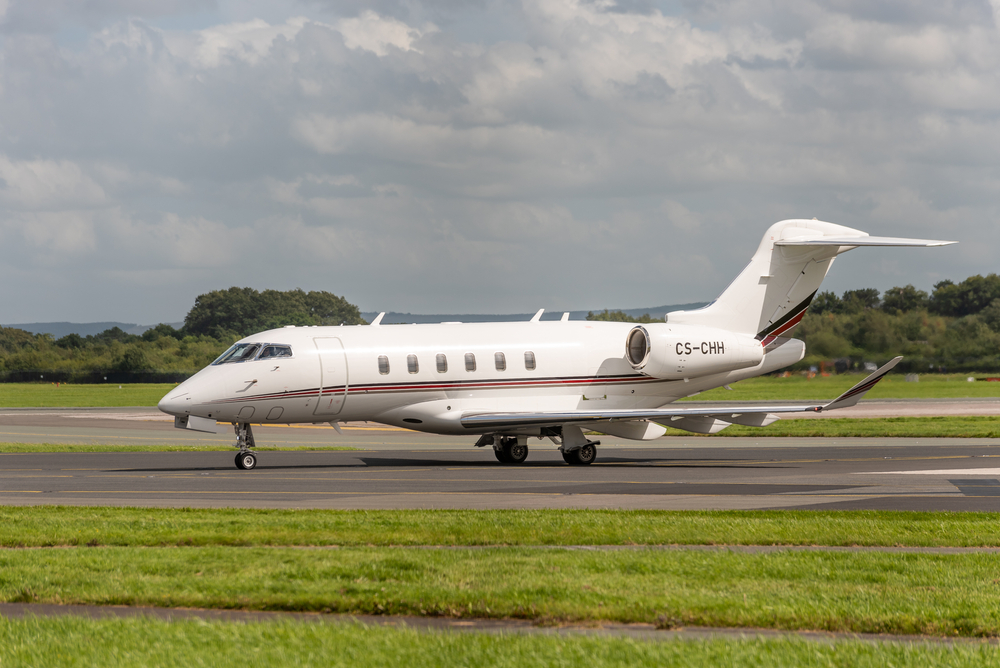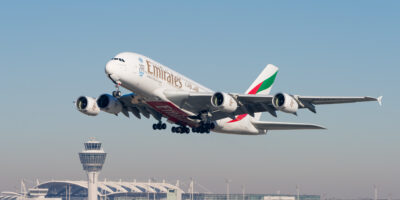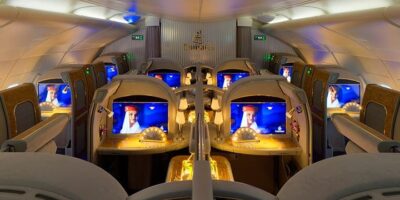NetJets Part 135: Learn how NetJets balances private and charter operations under FAA regulations while maintaining top-tier safety and service standards. Read more!
Table of Contents
Is NetJets Part 135?

NetJets is a well-known name in the aviation world. Many wonder if it operates under Part 135. Here, we’ll explore the intricate details to provide a transparent understanding.
Understanding Part 135
Part 135 is a set of regulations established by the Federal Aviation Administration (FAA). It applies to commuter and on-demand operations. These could include air taxi services, charter services, and non-scheduled flights.
Part 135 focuses on the operation, maintenance, and safety standards for these services. To operate under Part 135, companies must meet strict safety and operational requirements.
The Structure of NetJets
NetJets operates a unique business model. It provides fractional ownership of private jets. Instead of owning the entire aircraft, customers buy a share of it. This share allows access to a fleet of aircraft without the full cost of ownership.
This model is different from traditional air charter services. NetJets tailors its services to high-net-worth individuals and companies needing frequent, flexible flights.
Regulatory Framework for NetJets
NetJets operates under Part 91 Subpart K and Part 135 of the FAA regulations. Part 91 covers private and fractional operations, focusing on non-commercial flights like personal and business travel. Part 91 Subpart K specifically governs fractional ownership programs, setting standards for safety and maintenance.
Part 135 comes into play because some of NetJets’ operations fall under the on-demand charter category. This dual certification structure allows NetJets to provide tailored services within a rigorous regulatory framework.
Safety Standards
Safety is paramount in aviation. NetJets Part 135 adheres to stringent standards. Part 135 regulations mandate high levels of safety and oversight. These include pilot qualifications, training, and aircraft maintenance.
NetJets takes these requirements seriously. The company invests heavily in pilot training and aircraft maintenance. This commitment ensures a high standard of safety and service.
Pilot Qualifications
Pilots operating under Part 135 need specific qualifications. These include a commercial pilot license, instrument rating, and relevant flight experience. NetJets ensures all their pilots meet and often exceed these requirements.
NetJets pilots undergo recurrent training. This includes simulator training, ground school, and check rides. The company provides continuous updates on operational procedures and safety protocols.
Maintenance and Inspections
Aircraft maintenance is critical to safety. Part 135 dictates rigorous maintenance schedules. NetJets adheres to these schedules with precision.
NetJets employs a dedicated maintenance team. This team ensures that every aircraft in their fleet adheres to the maintenance standards. The company uses advanced technology and processes for monitoring and maintaining aircraft.
Operational Flexibility
Operating under both Part 91 Subpart K and Part 135 provides operational flexibility. NetJets can offer both fractional ownership and on-demand charter services. This flexibility meets diverse customer needs and maximizes fleet efficiency.
Compliance and Oversight
Compliance with FAA regulations is not optional. NetJets works closely with the FAA to ensure full compliance. This includes regular audits, inspections, and continuous improvement of operational practices.
The FAA monitors NetJets’ adherence to Part 135 standards. This oversight ensures that NetJets maintains its high standards of safety and service.
Conclusion
The NetJets Part 135 certification ensures compliance with FAA safety and operational regulations while allowing flexibility in private aviation services. Operating under both Part 91 Subpart K and Part 135, NetJets provides fractional ownership and on-demand charter options, catering to high-net-worth individuals and businesses.
With rigorous pilot training, strict maintenance standards, and advanced safety protocols, NetJets upholds top-tier service and reliability. This dual regulatory framework enhances operational efficiency while maintaining the highest levels of safety and oversight, making NetJets a premier choice for those seeking a seamless and secure private aviation experience.



